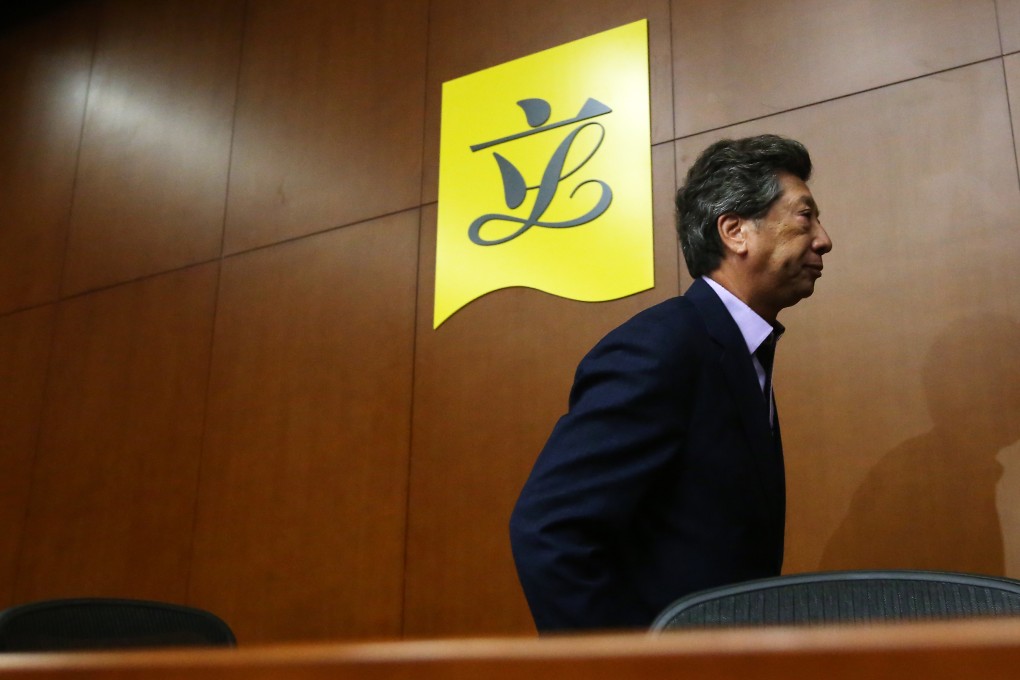Opinion | Beijing leaves no room for Hong Kong's moderate voices on political reform
Gary Cheung says the central government's unbending stance when compromise was needed alienated the likes of Ronny Tong who sought dialogue

Ronny Tong Ka-wah - who last week announced his resignation as a lawmaker and withdrawal from the Civic Party, which he co-founded in 2006 - is a victim of Beijing's hardline approach on political reform. And the difficult path he has trodden over the past two years is another testament to the increasing lack of room for moderates in the sharply polarised political landscape in Hong Kong.
In October 2013, Tong put forward a compromise reform proposal that would not allow the public to nominate chief executive hopefuls for the 2017 election, contrary to some pan-democrats' demands. He suggested expanding the Election Committee that chose the chief executive in 2012 by including all popularly elected district councillors. He also called for replacing some corporate votes - held by business, trade and professional groups, and other such bodies - with individual ballots.
His proposal was attacked by other pan-democrats for excluding public nomination, an idea dismissed by Beijing as inconsistent with the Basic Law. Some radicals even labelled Tong a traitor for "selling out Hong Kong" because of his call for dialogue with Beijing. Yet Tong's reform plan and other compromise proposals put forward by moderates - including former chief secretary Anson Chan Fang On-sang's Hong Kong 2020 group, Beijing-friendly Professor Ho Lok-sang and a team of 18 liberal-minded academics - were brushed aside by Beijing.
On August 31, Beijing set its framework for reform under which only two or three candidates may run for the post, and they must win majority support from a 1,200-member nominating committee.
In their classic work, "Transitions from Authoritarian Rule: Tentative Conclusions about Uncertain Democracies", political scientists Guillermo O'Donnell and Philippe Schmitter argue that transitions to democracy often hinge on interactions between four actors: the hardliners and those taking a softer approach in the ruling authoritarian regime, and the moderate and radical opposition to the regime.
But if we apply the formula to democratic development in Hong Kong, we have to look for moderates in Beijing and the pro-establishment camp in the city. There are some within the pro-establishment camp such as Legislative Council president Jasper Tsang Yok-sing, who called on Beijing to "dispel the devil from its mind" and refrain from trying to screen candidates for the chief executive election in 2017. But the central government's stringent framework showed that even Tsang could not sway Beijing, despite his stature.
